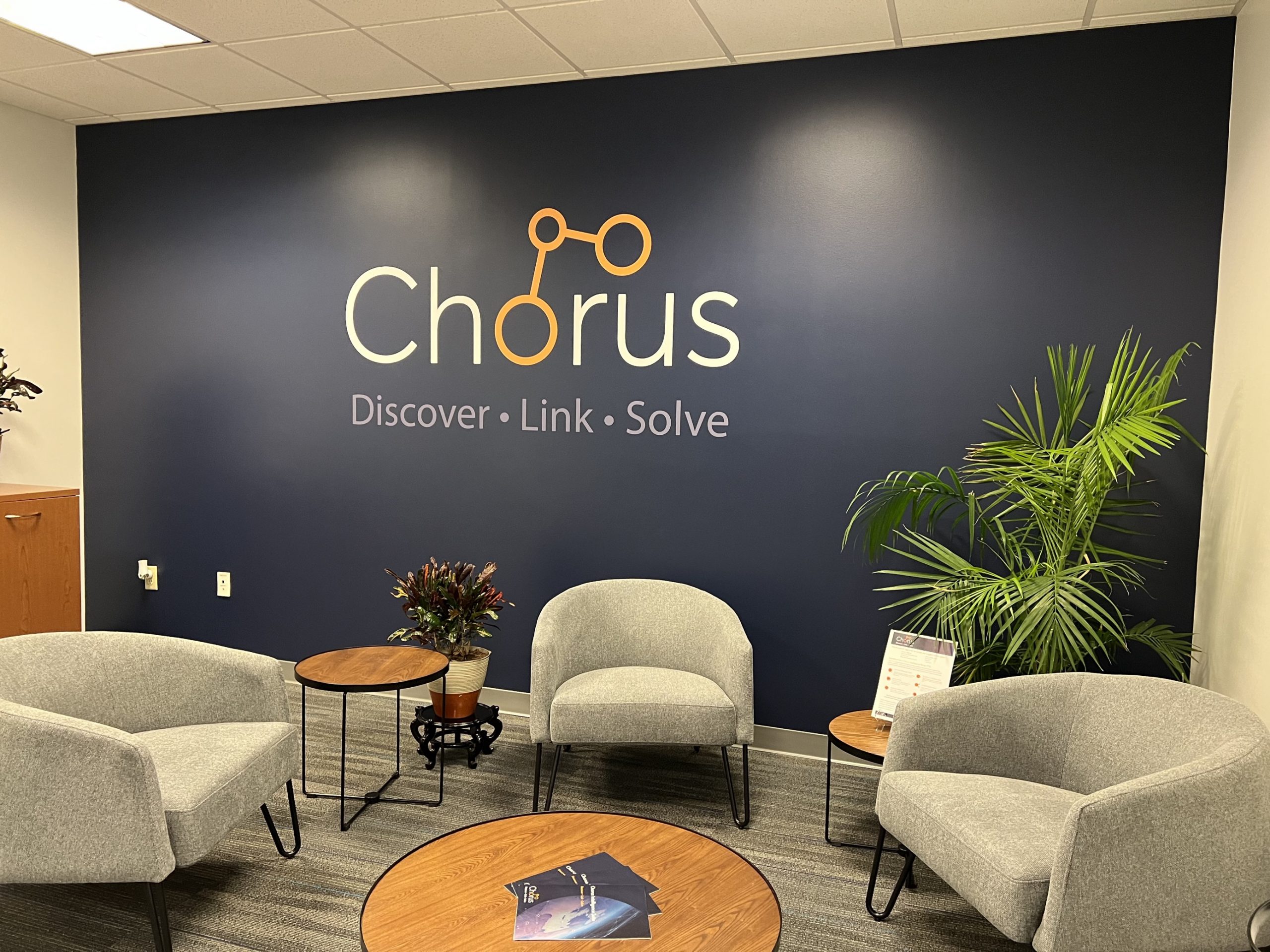Having confidence that you have looked at all your available data and made informed decisions on the back of it is paramount in investigations.
The Intelligence Management Cycle is taught as best practice from the College of Policing, so it made sense that when creating a complete digital intelligence and investigation software suite, that we aligned to its principles.
As our COO, Richard Helson explains here, the Chorus Intelligence Suite (CIS) handles data collection, data development, and data dissemination, all from one place.
But what do we mean, and what does the CIS do at each of those stages?
Data Collection
Through some smart programming and APIs, we can connect to any feasible intelligence source, conduct a search, and bring back results. So, if you have a name or telephone number that you would like to know more about, plug it into Chorus and the CIS will serve up results from social media, consented data, and even your internal records management system (RMS).
Display those results in easy to view association charts to spot connections and uncover things that you never knew.
Also, through Chorus Capture, any web page, or social media post can be captured in an evidential format and stored in a secure hub alongside other intelligence and evidence.
Data Development
This stage is all about turning data into intelligence and evidence. Here is where you can bring in many other data types such as communications data and handset downloads and interrogate them. Using various visualisation tools such as mapping and charts to analyse the data and begin answering those key investigative questions.
Again, you can plug in to other data sources and enrich data that is being interrogated to aid attribution and realise the full potential of your data.
Once an intelligence picture has been built up, or you have answers, you can generate reports, maps, and images that are admissible. The CIS has a full audit trail, so you know exactly what has happened to the data at each stage of the investigation.
Data Dissemination
A flashy way of saying data sharing. All intelligence and evidence that has been generated is encrypted and stored in a fully collaborative workspace. You can decide who to share it with, such as partner forces or the Crown Prosecution Service (CPS), and what access level you give them.
Everything has an audit trail so you can see who accessed what and when and MOPI rules are applied automatically.
What does all this mean?
Confidence.
Be confident that you are looking at all your available data.
Confidently turn it into intelligence and evidence and make informed decisions.
Be confident that you can securely store and share it with colleagues to ensure the correct outcome of a case.
Usage of the CIS is already underway across UK law enforcement and we are seeing some fantastic results. Empowering anyone who works on digital investigations with the right tools for their role can go a long way to ensuring efficient and effective policing and at Chorus we are proud to be able to do this and be part of the public safety system.
Contact us at [email protected] if you’d like to know more about being confident with your data.
















